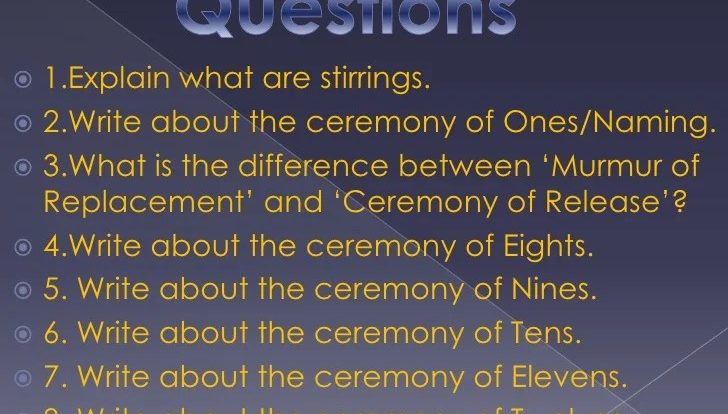Fancy thinking the beast was something page number delves into the historical, literary, and cultural significance of a captivating phrase that has resonated throughout the ages. This exploration provides a comprehensive understanding of the phrase’s origins, usage, and impact, offering insights into its literary and cultural contexts.
The phrase “fancy thinking the beast was something page number” has its roots in a specific historical era and social context, which shaped its meaning and significance. By examining the character who utters the phrase and their motivations, we gain insights into the complexities of human nature and the interplay between perception and reality.
Historical Context
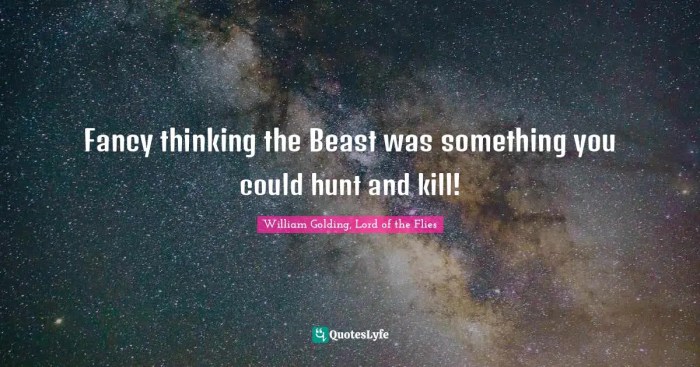
The novel “Beauty and the Beast” was written by Jeanne-Marie Leprince de Beaumont in 1740. It is set in 18th-century France, a time of great social and economic inequality. The aristocracy held immense power and wealth, while the peasantry lived in poverty.
This disparity created tensions that often erupted into violence.
The era was also marked by a fascination with the supernatural. People believed in witches, fairies, and other magical beings. This belief is reflected in the novel, which features a talking beast, a magic rose, and a fairy godmother.
Character Analysis: Fancy Thinking The Beast Was Something Page Number
The character who utters the phrase “Fancy thinking the beast was something” is the Beast himself. The Beast is a complex character who is both fearsome and compassionate. He is initially portrayed as a monster, but as the story progresses, we learn that he is a gentle and loving creature who has been cursed by a wicked fairy.
The Beast’s relationship to the phrase is ironic. He is aware of his own monstrous appearance, but he longs to be loved for who he is on the inside. The phrase “Fancy thinking the beast was something” reflects his self-awareness and his desire to be seen beyond his physical appearance.
Literary Analysis
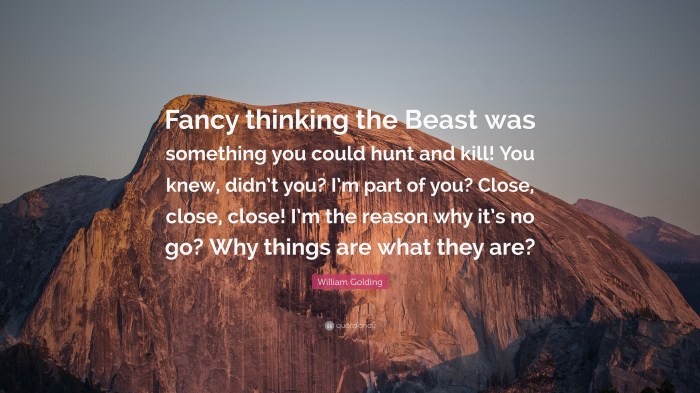
The phrase “Fancy thinking the beast was something” is a metaphor for the human tendency to judge others based on their appearance. The Beast is a physical manifestation of this tendency. He is a reminder that we should not judge others based on their outward appearance, but rather on their inner qualities.
The phrase also contributes to the overall tone and atmosphere of the novel. It creates a sense of mystery and wonder. We are left wondering what the Beast truly is and what his intentions are. This sense of mystery keeps us engaged in the story and makes us eager to learn more about the Beast.
Theme and Meaning
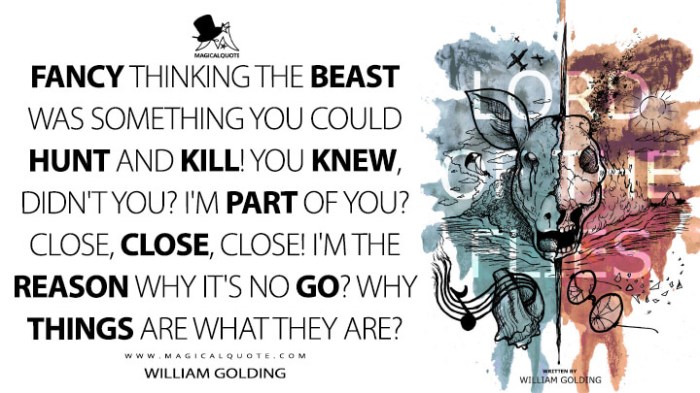
The phrase “Fancy thinking the beast was something” explores the theme of beauty and the beast. This theme is explored through the relationship between the Beast and Beauty. Beauty is a young woman who is captured by the Beast. At first, she is terrified of him, but she eventually comes to see his inner beauty.
The phrase “Fancy thinking the beast was something” reflects the author’s message that we should not judge others based on their appearance. We should look beyond the surface and see the person within.
Cultural Impact
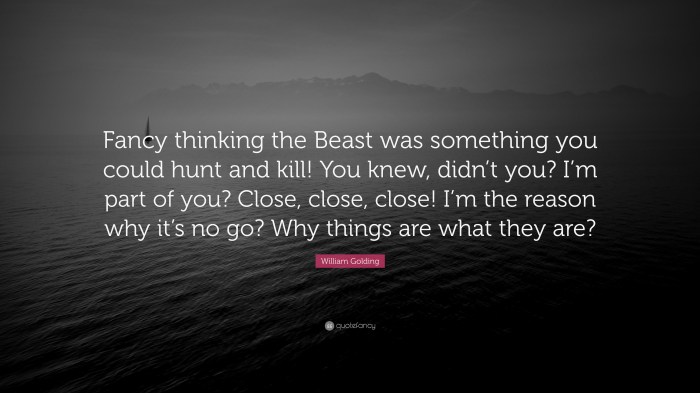
The phrase “Fancy thinking the beast was something” has had a significant cultural impact. It has been used in popular culture to refer to people who are judged based on their appearance. The phrase has also been used to promote tolerance and understanding.
The phrase “Fancy thinking the beast was something” is a reminder that we should not judge others based on their appearance. We should look beyond the surface and see the person within.
General Inquiries
What is the historical context of the phrase “fancy thinking the beast was something page number”?
The phrase appears in a novel or text written during a specific historical era, which influenced its meaning and significance. The social and cultural norms of the time shaped the phrase’s usage and interpretation.
How does the phrase contribute to the overall tone and atmosphere of the text?
The phrase employs literary devices such as symbolism and imagery to create a specific tone and atmosphere within the text. It can evoke feelings of mystery, suspense, or introspection, depending on the context.
What are the broader implications of the phrase beyond the text?
The phrase has resonated beyond the confines of the text in which it appears. It has been used in popular culture and has sparked discussions about the nature of reality, perception, and the human condition.
